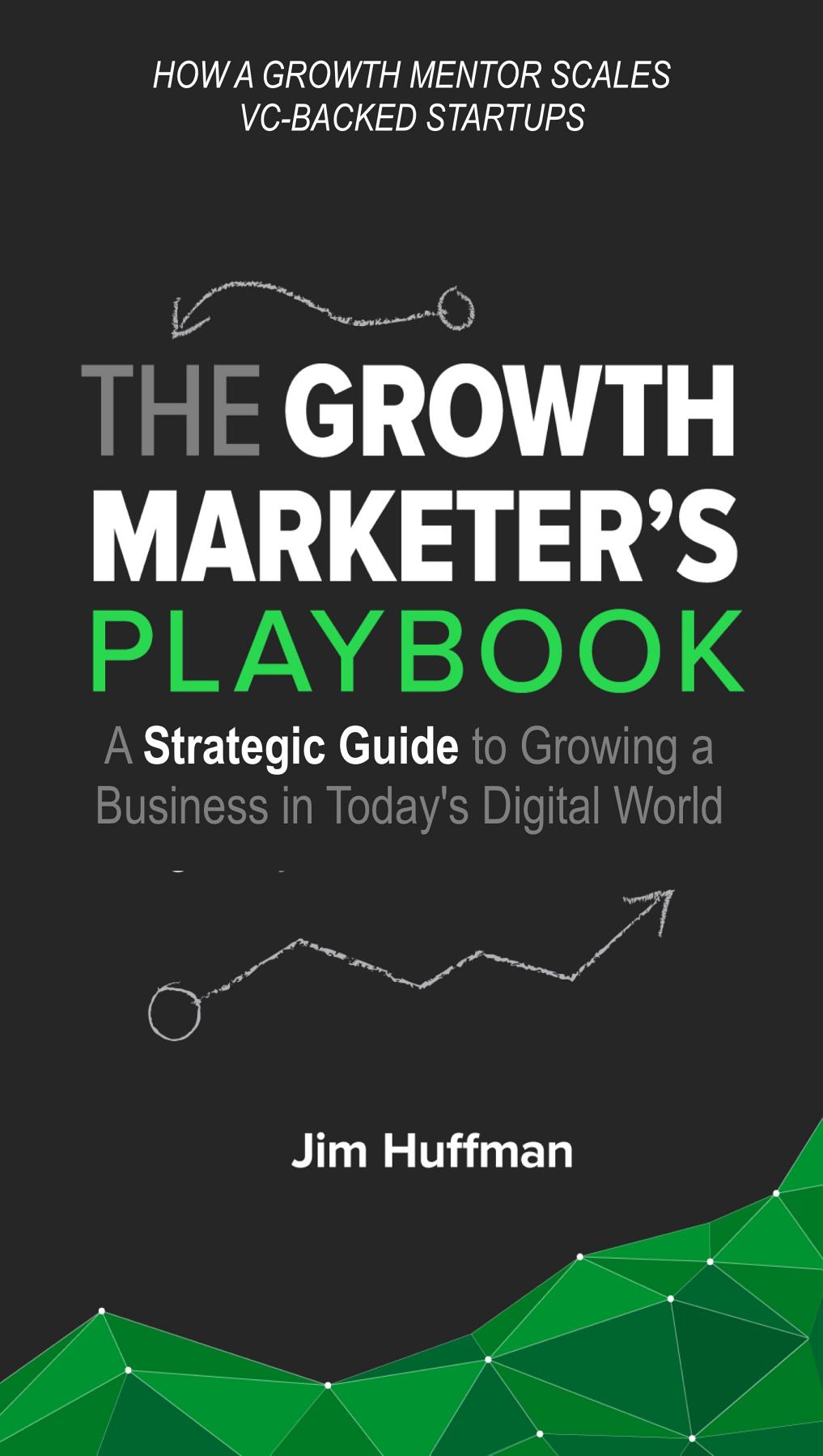In many of nowadays web-based environments for electronic marketing and commerce, that present large multimedia product and service catalogues, it becomes more and more difficult to provide naive end users, such as private consumers or commercial business partners, with intuitive user interfaces to access the large multimedia collections describing the presented products and services. The same holds for marketing managers and other employees responsible for managing and maintaining the large and constantly changing set of multimedia information chunks and fragments contained in these collections. As a consequence, many efforts are devoted to improve the quality of the interaction between users and databases. Virtual Reality (VR) techniques are a promising interaction paradigm particularly suited to novice and/or occasional users. The users are facilitated in the database navigation since the system proposes them an environment that reproduces a real situation and gives the possibility of interacting by manipulating objects that have a direct correspondence with known objects.












